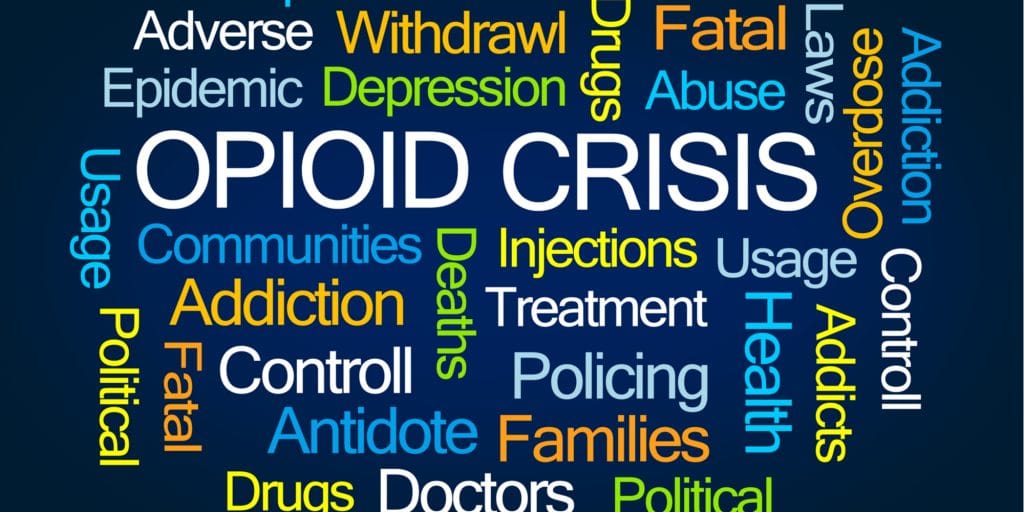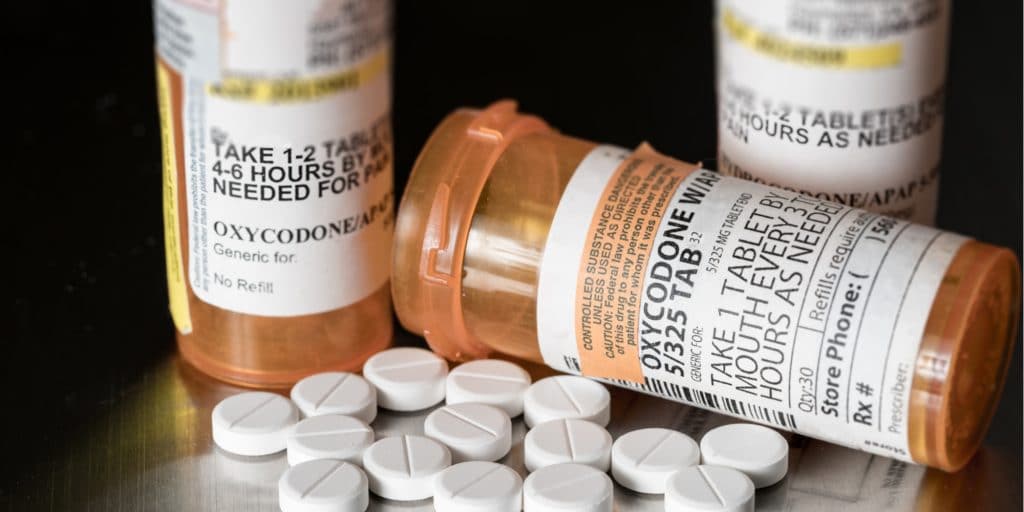
Preliminary research from 2019 and 2020 show that opioid use may yet again be on the rise in Nevada. With more drug use comes the higher risk of overdose and opioid-related deaths. The only way that we can work to prevent opioid deaths in Las Vegas, Nevada is by treating the root of the problem: addiction.
If you or your loved one is struggling with opioid misuse, know that you do not have to become another statistic. Instead, find an addiction treatment center near you to work your way toward recovery today.
Table of Contents
Opioid Misuse Statistics

In the United States, almost one million people have died due to a drug overdose in the past twenty years. The Centers for Disease Control and Prevention (CDC) states that there are approximately 130 opioid deaths per day in the United States. This statistic includes prescription opioids as well as synthetic opioids like heroin and fentanyl.
Opioid pain relievers are prescription drugs that many doctors prescribe to patients who are experiencing pain. While opioid pain relievers are meant to help patients get back on their feet, prescription opioids are incredibly addictive substances that can end up creating more problems.
In 2018, Nevada made significant progress in decreasing the average number of prescription opioid deaths for the state simply by restricting how often doctors are able to prescribe these addicting drugs. However, there is still a lot of work to be done in Las Vegas, according to the Drug Enforcement Administration.
Unfortunately, opioid misuse is back on the rise in Nevada. Research shows that the rise in statistics for 2019 and 2020 could be a result of the COVID-19 pandemic. In fact, the CDC reports that substance abuse in general has gotten worse in the United States during this time because of financial strain, emotional stress, and lack of access to treatment.
So, what can we do to prevent drug and opioid involved overdose and deaths in the United States? The first step is recognizing the signs of opioid addiction. Only then will you be able to understand if you or your loved one needs immediate addiction treatment.
Opioid Addiction Symptoms
Symptoms of opioid addiction can vary, but they are incredibly important to keep in mind to prevent opioid deaths. These signs can be behavioral, physical, and even emotional. Symptoms include:
- Taking prescription opioids outside of the recommended dosage
- “Doctor shopping” to find a clinician who will continue prescribing opioids
- Worsening mental health (i.e., depression and anxiety)
- Changes in sleeping and eating patterns
- Experiencing withdrawal symptoms whenever you are not using the prescription drug
The Department of Health and Human Services states that opioid overdoses have caused over 40,000 deaths in a single year. These statistics show that the opioid epidemic is still a major concern all over the country and impacts people just like you every day.
But this doesn’t have to be the case. Evidence-supported addiction treatment programs are made to help combat this problem through a wide range of therapies. If you have experienced any of the symptoms above, it might be time to look for treatment before it is too late.
Substance Abuse Treatment in Las Vegas

In Las Vegas, there are specially-made treatment programs, like the ones at the Vance Johnson Recovery Center, for opioid addiction. Here, you start with one of the most important steps: supervised detox. During the detox process, you might encounter intense physical and emotional withdrawal symptoms. This is why it is important to detox safely and with supervision. After you make it through this process, you can begin to fully recover in the residential and inpatient programs.
In this program, you will not have to go through recovery alone. Instead, you will work with trained mental health professionals as well as other patients who are struggling with addiction and other mental health concerns.
You will learn valuable coping strategies on how to manage your addiction and any co-occurring mental health challenges in one-on-one counseling sessions. You will also have the opportunity to attend group and family counseling in which you learn everything you need to know about opioid addiction and all of the struggles that come with it.
Moreover, opioid treatment at the Vance Johnson Recovery Center takes into consideration the reasons why people become addicted to prescription drugs in the first place. For many people, their first experience with opioids was to treat chronic pain. However, choosing recovery from opioid addiction shouldn’t mean that you have to simply “deal” with your pain. This is why our opioid treatment program incorporates skill-building on how to manage your physical pain so that you can feel like the best version of yourself in recovery.
Of course, leaving treatment programs like this can bring a lot of worries and familiar temptations. But rest assured, you will be armed with a discharge plan and effective skills needed to maintain your recovery for the rest of your days.
Ready to Lower the Number of Opioid Deaths?
Questions about the Vance Johnson Recovery Center? Reach out to us today! We are ready to answer all of your inquiries at 888-828-2623 and through our confidential contact form. While there might be a lot of work to do to fix the opioid epidemic, we can work to lower the number of opioid deaths—one person at a time.
The post Opioid Deaths on the Rise in Las Vegas, Nevada appeared first on Vance Johnson Recovery Center.
Source
Original Author: Vance Johnson Recovery Center

